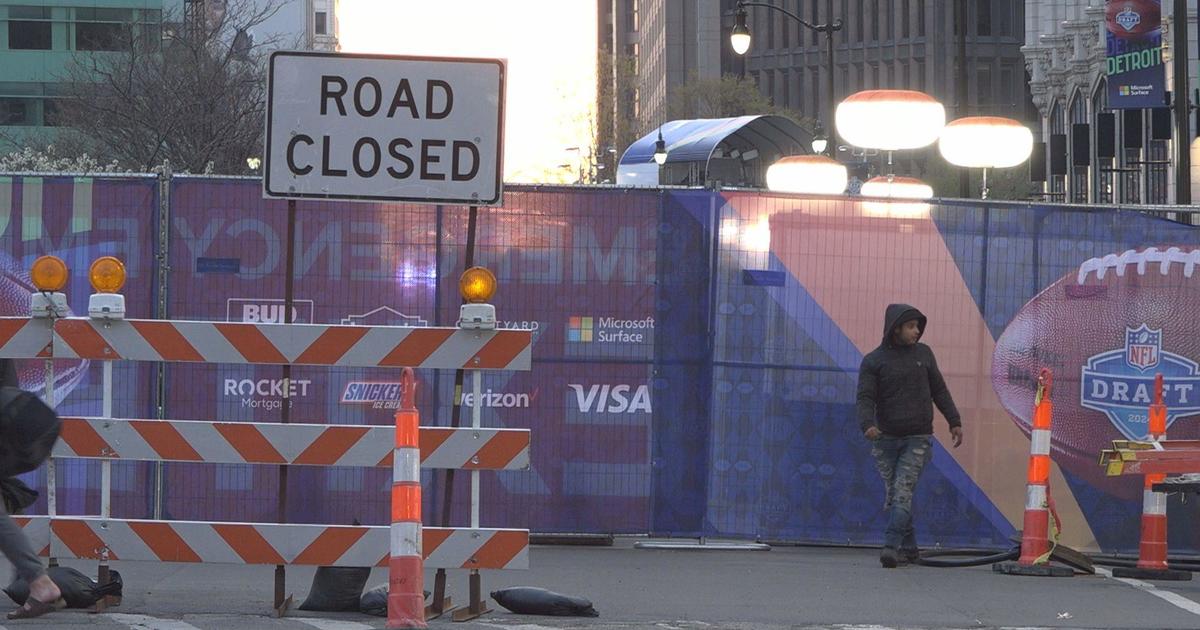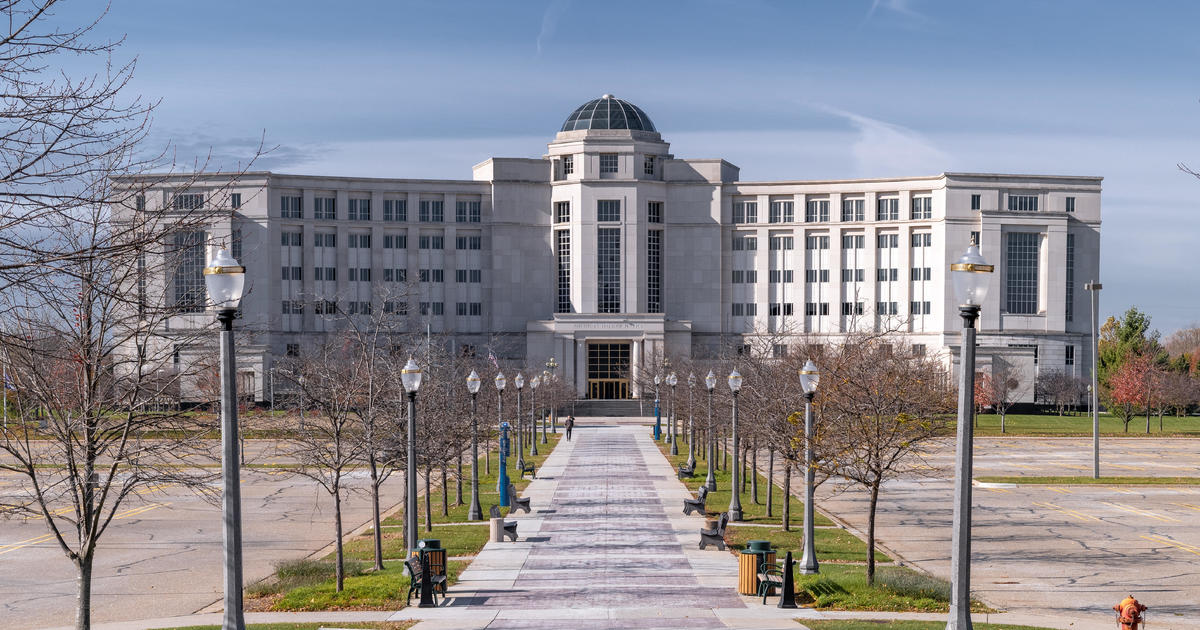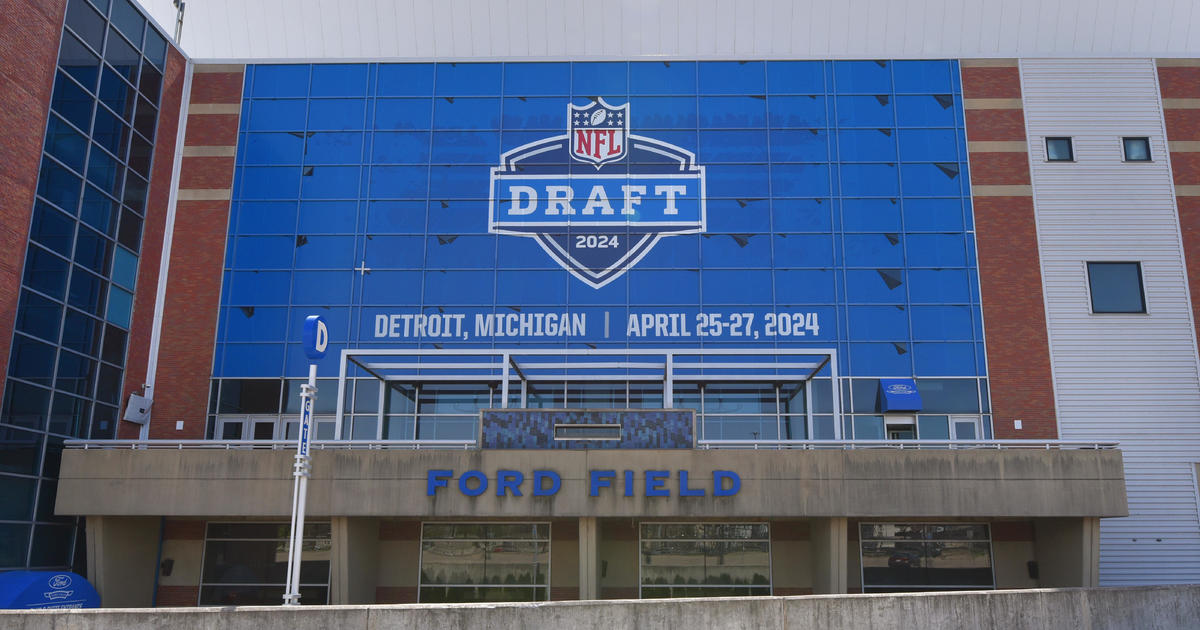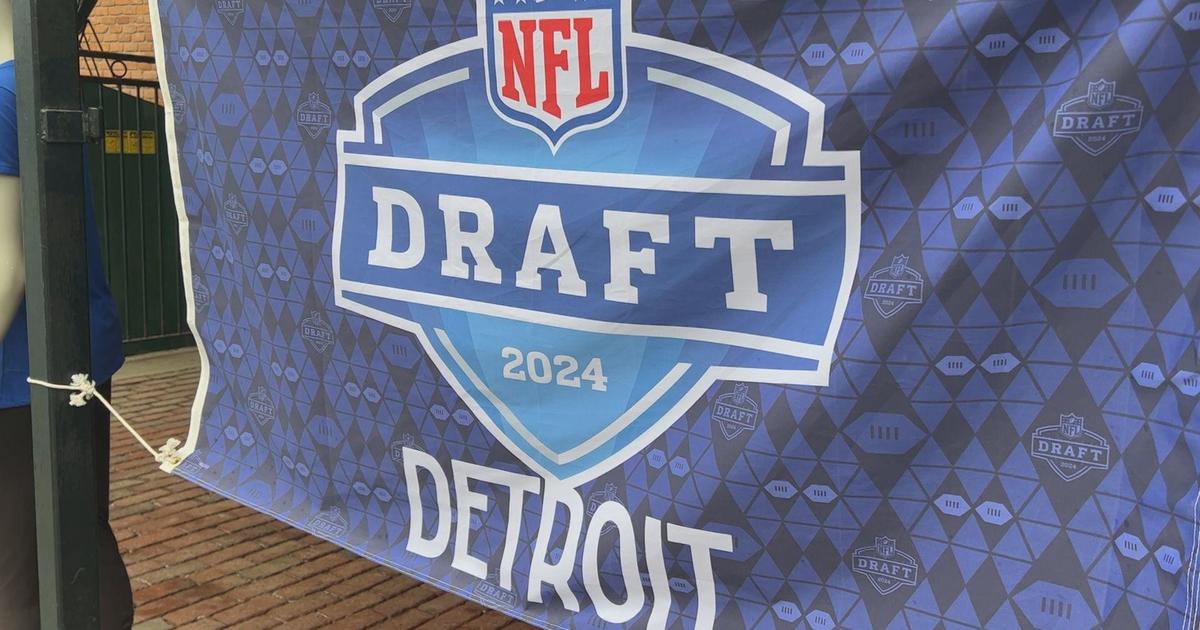Lawyers Wrap Case In Detroit Bankruptcy Trial
DETROIT (AP) - Attorneys gave closing arguments Friday in a rare trial to determine whether Detroit can become the largest municipality to fix its finances in bankruptcy court.
The daylong remarks for and against Chapter 9 reorganization now will be sorted out by Judge Steven Rhodes, who could take days to make a decision.
A parade of attorneys, representing the city and state on one side and retirees, unions and pension funds on the other, took turns rehashing and dissecting evidence from the eight-day trial, including testimony from Michigan Gov. Rick Snyder and the man he hired to turn around Detroit, emergency manager Kevyn Orr.
Critics repeatedly have claimed Orr sought bankruptcy for months and didn't want to try good-faith negotiations before filing. Lawyers for Orr and Snyder counter that bankruptcy always was a last resort and only came after careful, deliberative planning and a failure to find common ground.
Rhodes was far from a passive observer. The judge sharply questioned the lawyers, even digging into passage of the law that put emergency managers like Orr in distressed Michigan cities.
Robert Gordon, a lawyer for Detroit's pension funds, said the city ran "roughshod" over a clause in the Michigan Constitution that protects public pensions. In response, the judge asked why fund managers didn't submit evidence of a viable alternative to cutting pensions, even if the actual amount of any shortfall was disputed.
"I would have been happy to have that conversation if there was an opportunity to," Gordon replied, noting there was scarcely more than a month between the June meeting with creditors and the bankruptcy filing. "There were major pieces of information missing here that made it impossible ... to have that discussion at this stage."
Late in the day, Rhodes challenged statements Orr made during a public meeting in June, more than a month before the bankruptcy filing. He grilled Orr earlier in the trial and on Friday jabbed Detroit's lead counsel, Bruce Bennett, over the remarks in which Orr told a retiree that pensions were "sacrosanct" and "can't be touched" based on the constitution.
Orr testified Monday that rights to a full pension could be trumped by federal law in a bankruptcy.
Rhodes asked how the earlier statement - as well as another by Orr in which he said the odds of bankruptcy were "50-50" - should affect analysis of the issue of whether the city negotiated with good faith - a key issue of the trial. Rhodes wondered if that calls into question what Orr "really thought."
Bennett chalked up Orr's remarks to a "mistake" that was corrected a few days later, and said that shouldn't discredit the city's contention that it tried to negotiate in good faith. Bennett said it represents a good effort by critics to "impeach" Orr but not his efforts leading up to the bankruptcy filing.
Orr, a bankruptcy expert who was appointed emergency manager last March by the governor, has said Detroit has at least $18 billion in long-term debt, including $3.5 billion in pension shortfalls.
If Detroit is found eligible to stay in bankruptcy, the case would turn to how to solve the debt. The city has said it could propose a plan by the end of the year. Meanwhile, a team of mediators has been meeting with all sides in the hope of reaching an out-of-court compromise.
Continuing Coverage: Detroit Bankruptcy
TM and © Copyright 2013 CBS Radio Inc. and its relevant subsidiaries. CBS RADIO and EYE Logo TM and Copyright 2013 CBS Broadcasting Inc. Used under license. All Rights Reserved. This material may not be published, broadcast, rewritten, or redistributed. The Associated Press contributed to this report.



